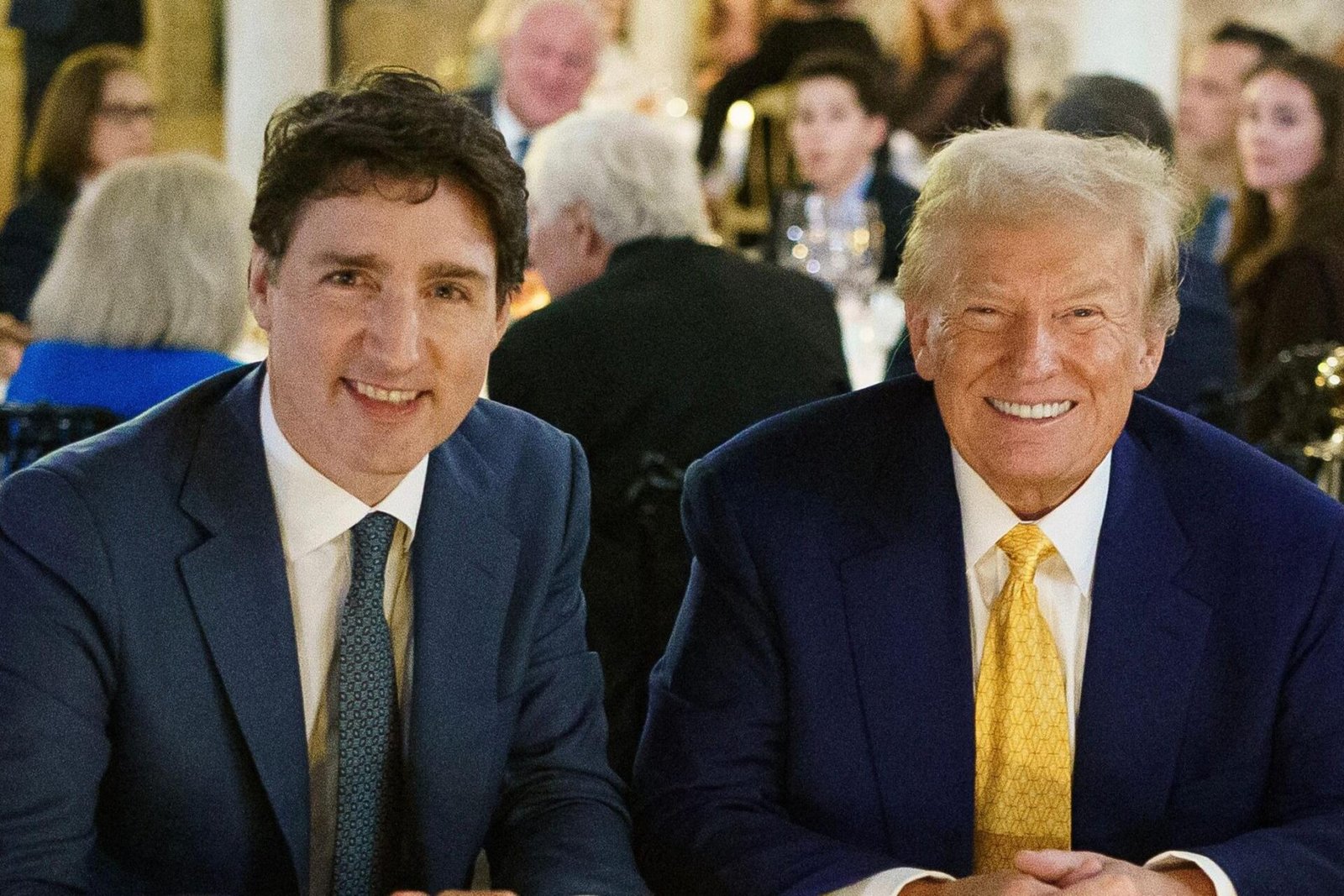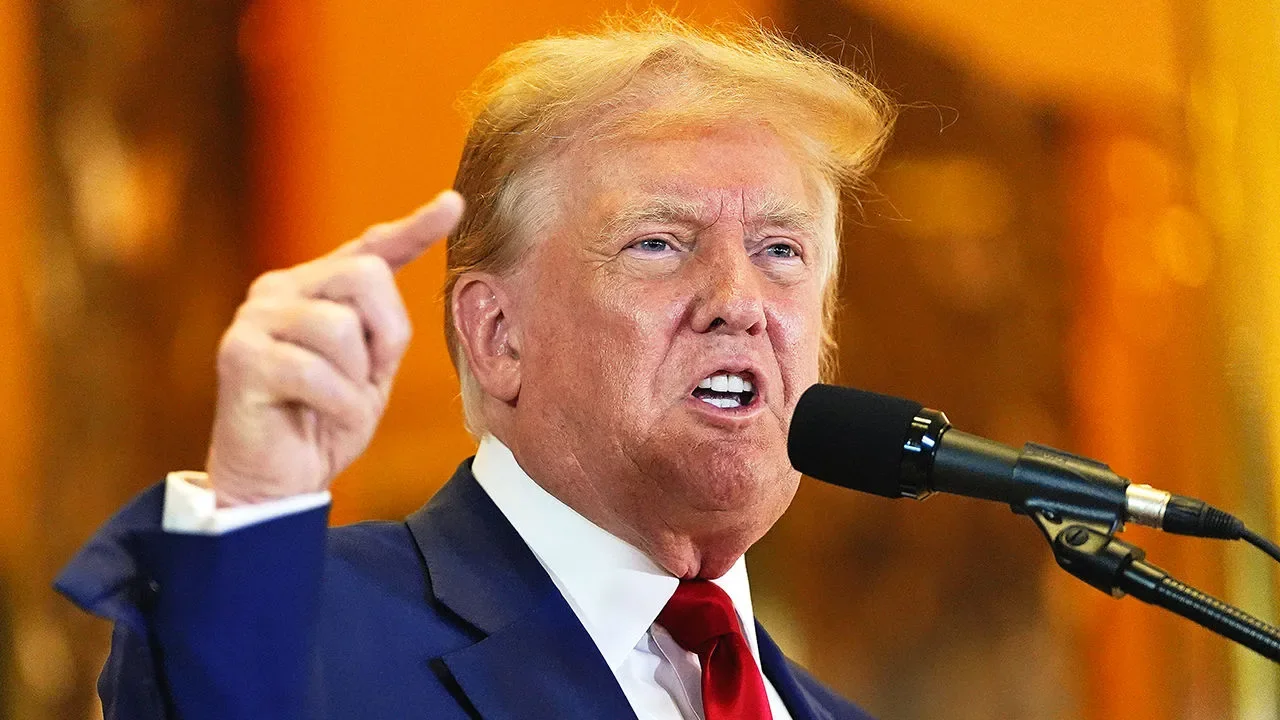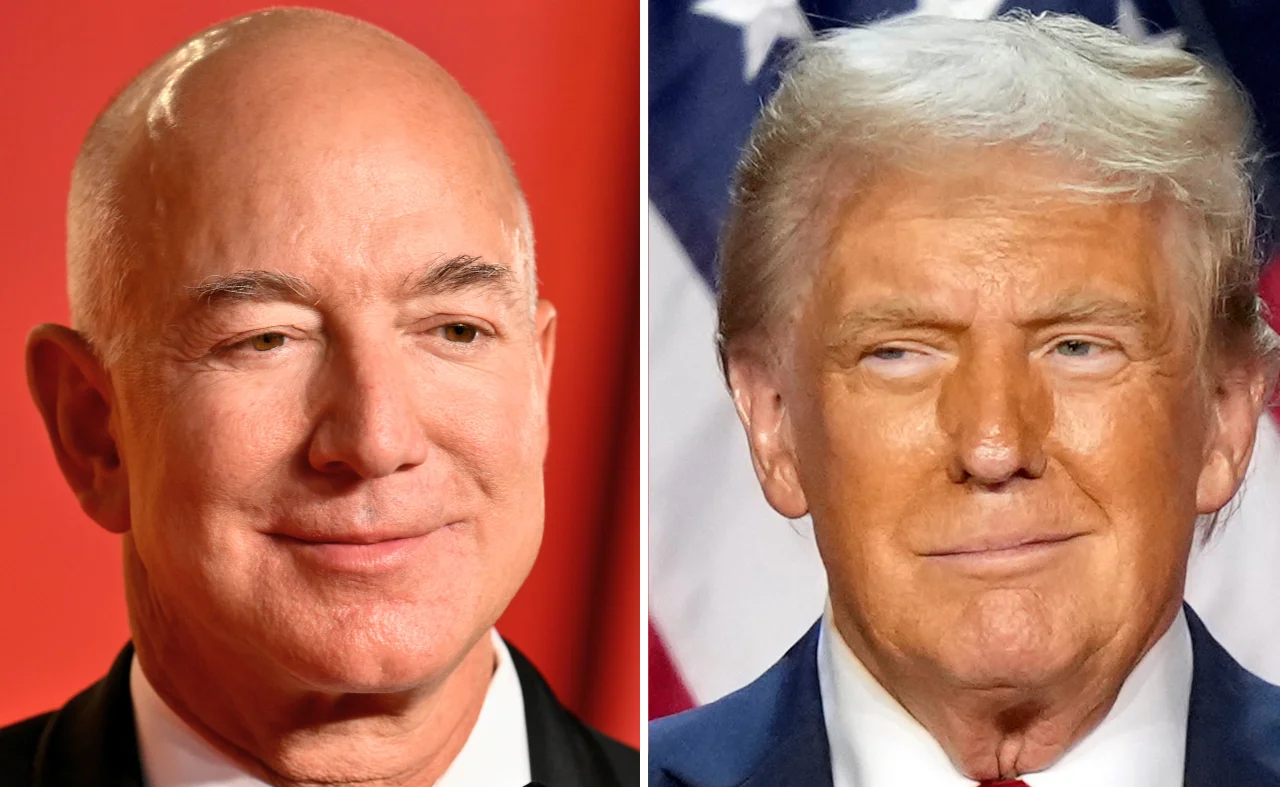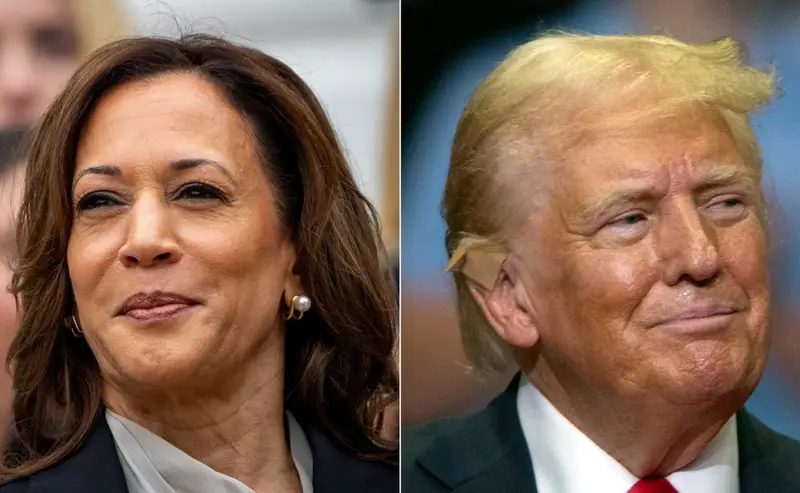Donald Trump wasted no time mocking Canadian Prime Minister Justin Trudeau after one of his top ministers, Finance Minister Chrystia Freeland, resigned from his Cabinet.
Trudeau, whom Trump jokingly called “Governor” of Canada, was facing one of the toughest moments of his political career after Freeland stepped down. The resignation came after Freeland and Trudeau disagreed on several important issues, including how to handle the threat of U.S. tariffs.
“The Great State of Canada is stunned as the Finance Minister resigns, or was fired, from her position by Governor Justin Trudeau,” Trump posted on Truth Social. “Her behavior was totally toxic and not at all helpful in making deals for the very unhappy citizens of Canada. She will not be missed!”
Freeland’s resignation dealt a big blow to Trudeau’s already unpopular government. She explained her decision in a letter posted on X, saying there were deep policy differences between her and the Prime Minister.
“I have concluded that the only honest and viable path is for me to resign from the cabinet,” she wrote, hinting that she and Trudeau could no longer work together on key economic issues.
Freeland’s exit raised questions about how much longer Trudeau could remain in office. His government now faces new challenges, including the incoming U.S. President Donald Trump.
Trump had previously mocked Trudeau by calling Canada the “51st state” and referring to him as “Governor” instead of Prime Minister. During Trump’s first term, he renegotiated a trade deal with Canada and Mexico, and he often criticized Freeland’s approach.
Trudeau had dinner with Trump on November 29, and while both leaders called it “very productive,” sources say Trump couldn’t resist making a joke, suggesting that Canada “could become a state.” At the end of the evening, Trump gave Trudeau a copy of Mar-a-Lago’s magazine, which included advertisements for joining the club and even for plastic surgery.
Freeland’s resignation came after Trudeau reportedly tried to demote her, offering her a less important role in the Cabinet. Freeland, however, said in her letter that resigning was the only “honest and viable path.”
The main issue that led to Freeland’s departure was the threat of a 25% tariff on Canadian goods that Trump had been considering. In her resignation letter, Freeland warned that this tariff could severely harm Canada’s economy.
“Our country today faces a grave challenge. The incoming administration in the United States is pursuing a policy of aggressive economic nationalism, including a threat of a 25 percent tariff,” Freeland wrote. “We need to take that threat seriously. We must keep our fiscal reserves strong in case of a trade war.”
Last month, Trudeau had acknowledged that Canada should take Trump’s tariff threat seriously. “When Donald Trump makes statements like that, he plans on carrying them out,” Trudeau said. “This would hurt Canadians, but it would also raise prices for Americans.”
Trump had made tariffs a key part of his 2024 campaign, promising to make the U.S. economy stronger. Critics have pointed out that tariffs usually end up costing consumers more.
In Canada, Freeland and Trudeau also disagreed on other issues like a new sales tax holiday and $250 checks to Canadians. Freeland opposed these ideas, saying that Canada couldn’t afford “costly political gimmicks” at a time when it was already dealing with Trump’s tariff threat.
After Freeland’s resignation, Trudeau quickly named his friend and ally Dominic LeBlanc, the Public Safety Minister, to replace her. LeBlanc had recently joined Trudeau for dinner with Trump at Mar-a-Lago.
LeBlanc said that he and Trudeau were focused on helping Canadians with the rising cost of living and on finding common ground with Trump on issues like border security and the economy.
“It’s not been an easy day,” Trudeau told his supporters. He called it one of the toughest days for his party, but did not reveal his next steps.
Freeland had been leading efforts on U.S.-Canada relations and was expected to announce important measures to help Canada avoid Trump’s tariffs. Trump has threatened to impose a 25% tariff on all products from Canada and Mexico unless the countries take action on immigration and drugs.
Trudeau has said he plans to lead the Liberal Party into the next election, but many of his party members have expressed doubts about him running for a fourth term. Freeland’s resignation was a significant blow to Trudeau’s leadership.
Trudeau met with his lawmakers on Monday evening, but most of them refused to comment on what was discussed during the meeting.
In Canada’s history, no prime minister has won four consecutive terms, and the next federal election must be held before next October.





